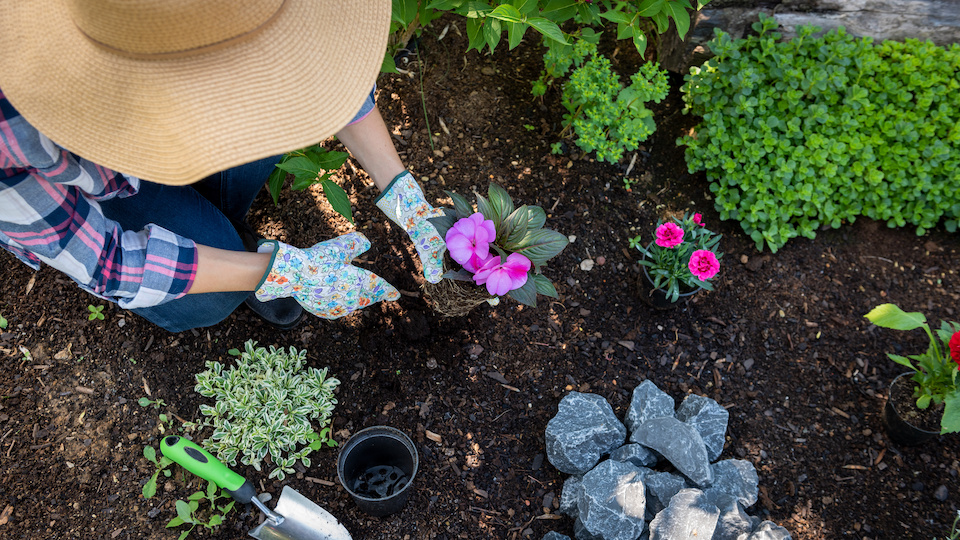Life can get busy very quickly, especially in the prime gardening months of the spring and summer, and it can be hard to chisel out time from your tight schedule to spend in the garden. If you find yourself searching for ways to maximize your precious garden time and become more efficient, then these tips are for you. Read on to find out more.
Organize everything
Taking the time to plan and organize garden tools, mulch, seeds, and other supplies may not be the fun part of gardening. However, it is a crucial step that will save you countless hours when it is finally time to get to work. Get everything you need for planting ahead of time and use the dreary days of winter to plot your spring garden.
Embrace containers
Vegetable and flower beds in the ground are lovely, but they’re also a lot of work and tending them can sap valuable minutes from your garden days. Embrace containers and raised beds to help cut down on time and effort. Containers won’t require much weeding or mulching, which are two massive time hoggers in the garden. Plus, big pots look great, and you can keep them right outside your back door on a porch or patio for easy access.
Use slow-release fertilizers
Some plants need a little more food than mere compost. If you find yourself spending hours every season simply fertilizing your flowers and vegetables, you may want to consider a slow-release fertilizer. These pelleted fertilizers are mixed into the soil at planting and will release a steady stream of food and nutrients all year long, helping your plant grow full and vibrant.
Install drip irrigation
Unless you have an automatic sprinkler system, you probably spend an excessive amount of time standing in your garden with a hose trained on your thirsty plants. Stop this inefficient watering method and invest in a drip irrigation system. Not only will this save you time, but it is also healthier for the plants since all of the water is delivered directly to the soil without landing on the foliage.
Bring a bucket
Whenever you set out to tackle any garden task, grab your trusty bucket, pail, wheelbarrow, garden cart, or whatever container you prefer and load it up with any tools, plants, or seeds, you may need. This will serve as a carrying container to keep you from having to make extra trips to the shed and will give you a place for weeds or other debris you find in the garden.
Avoid multitasking
Looking at everything you have to do in the garden can be overwhelming, especially if you’ve neglected your chores for a few days and the weeds have begun their uprising. Instead of bouncing from one area to the next and trying to weed, plant, harvest, and deadhead all at the same time, focus on one task in one place and complete it entirely. This will help you feel accomplished and allow you to check things off of your mental to-do list.
Grow perennials
Nothing saves more time in the garden than self-sufficient perennials. Identify those plants that will look great for years with minimal effort on your part and sprinkle them throughout your garden. Having a basis of established perennials will help prevent you from getting overwhelmed by bare soil in the spring. Instead of starting from scratch every year, all you have to do is fill in the holes and do some touch-up work.
Choose plants that need little pruning or deadheading
That basket full of purple petunias makes a lovely addition to your front porch decor. However, it may not be the best choice if you are trying to limit your garden chores, as it requires lots of deadheading in order to continue blooming throughout the season. Avoid high maintenance plants that require precise pruning or deadheading since these tasks can quickly monopolize your time.
Stick to hardy plants
No one has time for finicky, fragile plants that attract disease and pests and die when the wind blows the wrong way. Unless you have a small enough garden that allows you to waste time coddling temperamental flowers, it is probably a good idea to stick to hardy, disease-resistant plants that don’t need to be micromanaged.
How do you save time in the garden? Let us know in the comments below!
-Taylor Ramsey




